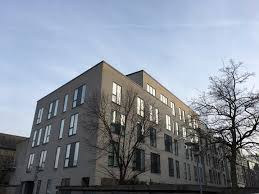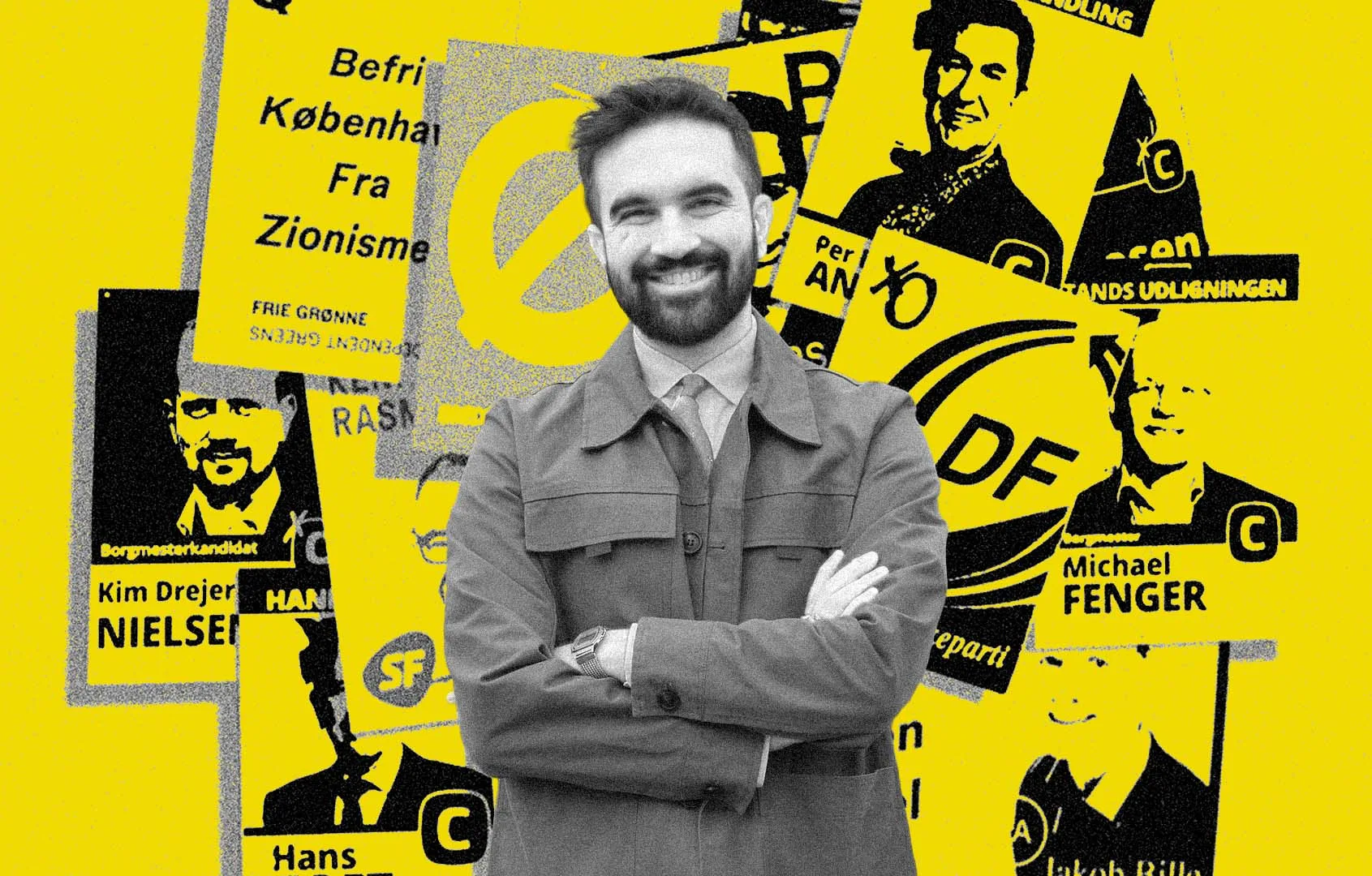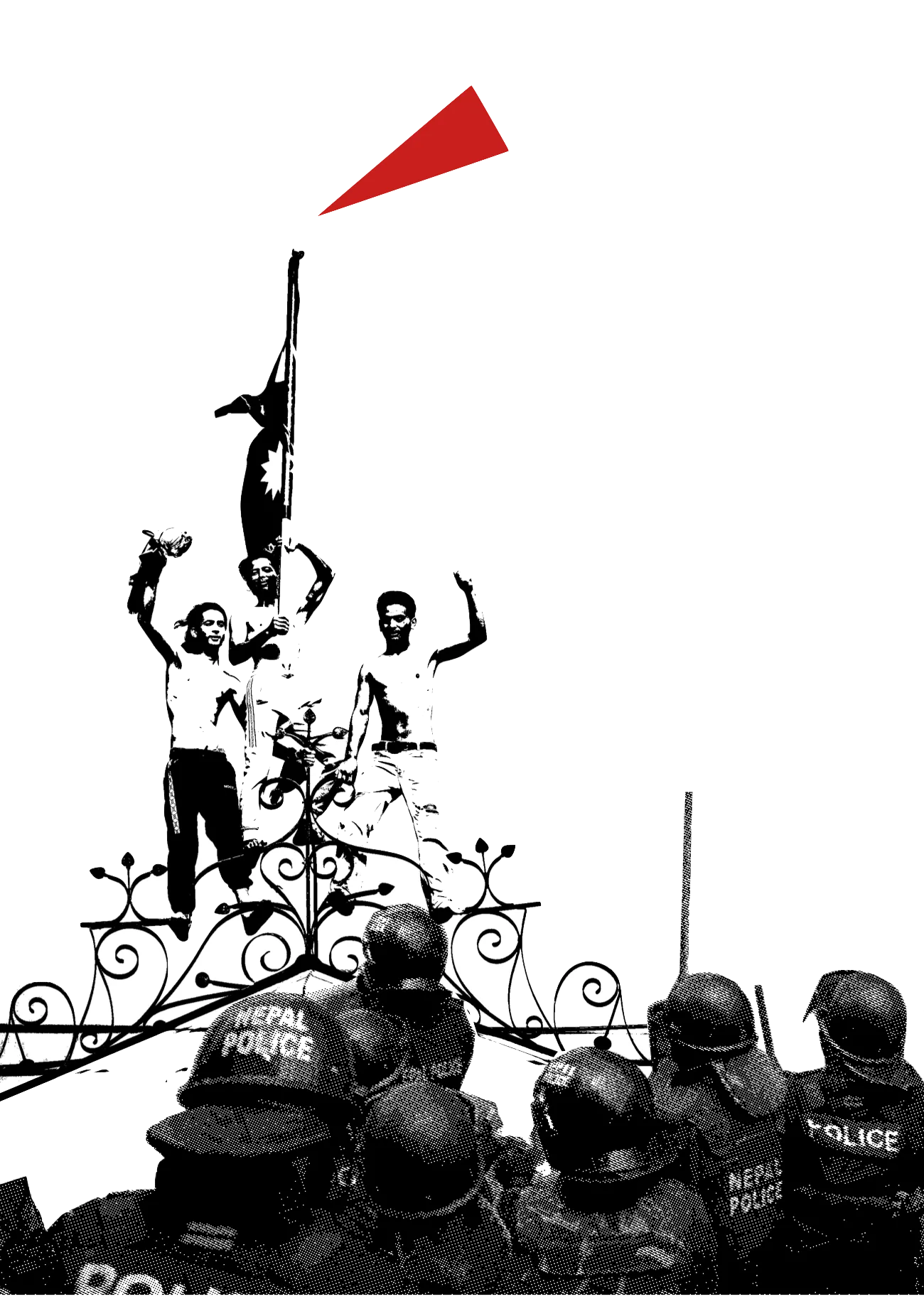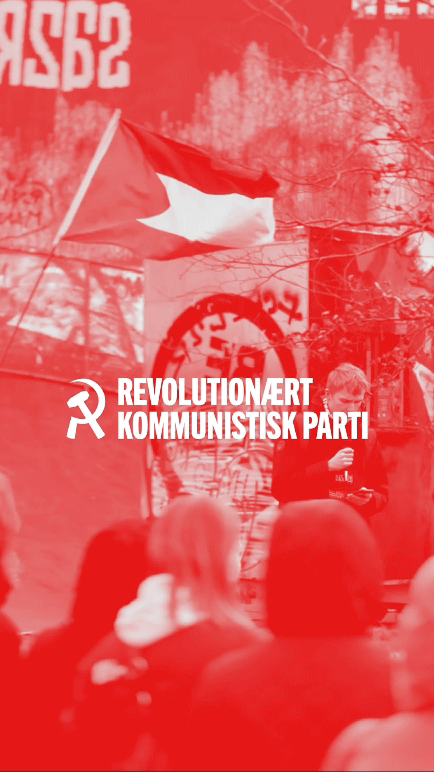Kollegiet på Dyrlægevej. Foto: kbh-kollegier.dkAmidst the coronavirus pandemic, more and more young students have their work schedules reduced or their work suspended without payment compensation. While the state has been giving out funds to compensate the loss of big businesses (and shop owners to a certain extent), the young workers, who very often work part time in food services to make ends meet, are left to fend for themselves. Their bosses are not obliged to keep them hired, not to mention to pay their full salary. Once again it is the workers and youth that are forced to pay the bill for the crisis.
International students, in particular, are finding themselves in difficult situations, as their jobs are characterised by precarious work conditions and flexible contracts. With their predicted income diminished, many students fail to meet their financial obligations, such as paying rent. Their basic right of having a place to stay, however, is irreconcilable with the interests of the private residencies, which are governed by profit. Such is the case of the struggle unfolding between the tenants of Housing Federation of Copenhagen (HF) who administer a variety of residencies in Copenhagen.
HF is, according to their website, a non-profit organization. Their aim is to help international students settling down in Copenhagen by offering short term accommodation, which they lease from private residencies and property owners. As their own website mentions:
“Most property owners in Denmark do not supply short-term rentals due to the amount of work this generates under existing legal frameworks.”
For the property owner, short term lease contains a risk of having the room empty for the period between two successive leases. HF offers binding contracts for the duration of the lease, which are hard to terminate before the end of the contract, and provides a constant flow of new tenants, thus eliminating the aforementioned risk for the big property companies. Therefore, we can see how HF, despite being a non-profit organization itself, ends up securing the profits of these owners.
This is just one example of how capitalism and the anarchy of the free market treats basic students’ needs, like accommodation, as a big cash cow. In a city with such expensive rents as Copenhagen, there is a great need for public accommodation for students and workers. However, the Danish “welfare” state is in fact demolishing public housing, further enhancing the exploitation of the majority of the population by leaving them to the mercy of landlords on the private market. In times of economic crisis, the conflicting interests of tenants and landlords are even more obvious as the struggle of the HF tenants proves.
In this case the residents that are unable to pay their rent during this crisis will be evicted by HF, since HF has their own deals and rents to pay to the big housing companies. It is a blatant hypocrisy that HF, which presents itself as a non-profit organization, interested in making sure international students have appropriate accommodation, now snatches this very accommodation away from them.
The exchange students that have returned to their home countries due to the closing of the Danish universities find themselves in a similar situation: still having to pay the rent for the room they are not using. Due to coronavirus measures, the access to the common kitchens in Dyrlægevej kollegiet has been suspended. Basic housing appliances, which most houses of the 21th century should include, like a refrigerator or an oven, have been taken away from the residents. At the same time the students still have to pay for these common spaces which they are banned from using.
Despite students’ efforts to communicate with the University of Copenhagen (KU) the administration refused to support its students. In a cynical fashion, KU disclaim their responsibility and point out that HF is an independent organization, and that KU therefore cannot become involved.
The students are justifiably frustrated and have started to organize to defend themselves. Despite the limitations posed by quarantine measures and in a small amount of time, a grass-roots initiative, calling for collective action, has been developed. Their initial demands included:
- A cancellation of the contract for students who have had to leave due to the COVID-19 pandemic.
- The lowering of rent for accommodation where common areas have been closed off.
- The payment of April’s rent from the deposit for the students who face financial hardships.
Residents were even discussing the possibility of taking legal action against HF. Moving legally against HF is a positive and decisive step, which can be used to put pressure on them. However, that alone will not be enough. One should not put all faith into a court case as such a procedure could take a long time before a decision is taken. At the same time, students will have almost no influence upon that decision. The students cannot wait for a court case; they need quick and decisive action taken on a democratic basis, with as many of them as possible participating in making the decision of how to move forward. The real power of the students lies in their collective action and their organization. In addition to a legal case, virtual assemblies should be organized, in which students from all residencies should participate.
Under students’ pressure, HF has already made a concession and allowed some tenants, under extreme financial difficulties, to pay their rent through a part of their deposits. However, what may seem a retreat on the part of HF actually resolves nothing. The students are still paying for the effects of the crisis through their savings, of which they will receive even less (if any) when they move out. Not to mention that the remaining two demands (contract cancellation and lowered rent, respectively) are ignored, as they are significantly more costly for HF to accede to.
The workers and youth are being made to pay the bill for the crisis of the system. While some workers are still forced to work side by side, putting their lives in danger to keep bosses’ profits running, others are suspended from work without pay. While the millionaire owner of Bestseller, Anders Povlsen, refuses to pay rent for his shops, students with no income are hunted down for their last penny. The workers and the youth need to organize against the bosses’ offensive. Students and workers in Denmark must follow the example of workers around the world who are starting to fight back against the bosses and landlords. In the US, for example, whole building blocks in various cities such as New York, St. Louis and Los Angeles are participating in a rent strike from the 2nd of April, in a collective struggle to defend themselves against the bloodsucking landlords, who turn a basic human necessity into a source of profit.
Revolutionary Socialists (RS) support the HF tenants in the struggle for fair living conditions. Their campaign must be connected with all the youth and workers who face the same problems. The youth needs to organize in mass (virtual, for now) assemblies and put forward their demands for:
- No eviction of tenants!
- Full wage compensation for loss of work!
- Cheap public housing; no one should profit from the need for a place to live!
- A rent strike to defend the livelihood of the tenants!






